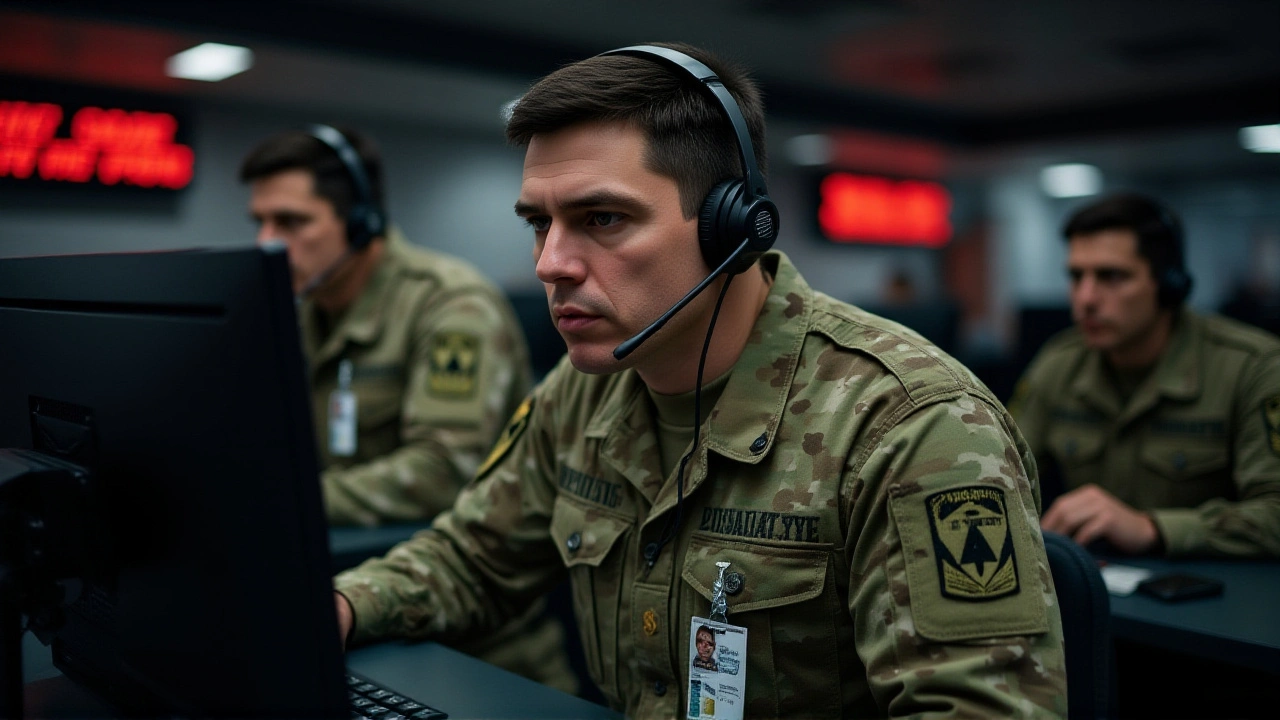Nuclear Policy: What It Means for Africa and the World
When we talk about nuclear policy, the set of rules and strategies a country uses to manage nuclear technology for energy, defense, or research. Also known as nuclear strategy, it decides whether a nation builds power plants, joins arms control deals, or keeps weapons hidden. For African countries, this isn’t just about big powers—it’s about access to clean energy, regional safety, and who gets to make the rules.
Nuclear policy isn’t just about bombs. It’s also about nuclear energy, using controlled fission to generate electricity without burning fossil fuels. Countries like South Africa already run a nuclear power station at Koeberg, and others are watching closely. With power shortages across the continent, nuclear energy could be a game-changer—if safety, cost, and training keep up. But it’s not simple. Building a reactor takes billions, decades, and a government that won’t let it fall into the wrong hands.
Then there’s non-proliferation, the global effort to stop more countries from getting nuclear weapons. Africa signed the Pelindaba Treaty in 1996, making the whole continent a nuclear-weapon-free zone. That’s rare. Most regions don’t have that kind of unity. But treaties only work if everyone follows them. When countries like North Korea or Iran push boundaries, it puts pressure on African leaders to stay firm—or risk being pulled into dangerous alliances.
And let’s not forget nuclear weapons, devices designed to destroy cities with radiation and blast waves. While no African nation currently has them, the shadow of past tests—like those in the Sahara by France—still lingers. Communities near old test sites still deal with health issues. Today, nuclear weapons aren’t just about war. They’re about power. The countries that have them get a louder voice at the UN, more influence in trade deals, and more say in global security talks. That’s why smaller nations watch closely.
What you’ll find here isn’t just theory. These articles show how nuclear policy touches real lives: from scientists in Pretoria working on medical isotopes, to diplomats in Addis Ababa pushing for fairer access to clean energy tech, to communities near old uranium mines still waiting for cleanup. Some posts dig into how African nations negotiate with Russia or China over reactor deals. Others track how global sanctions affect fuel supply chains. You’ll see how a single policy decision in Washington or Moscow can ripple through a village in Namibia or a hospital in Kenya.
This isn’t about politics alone. It’s about survival. Energy. Health. Sovereignty. The next time you hear about nuclear policy, think beyond headlines. Think about who gets power. Who stays safe. Who gets left behind.
